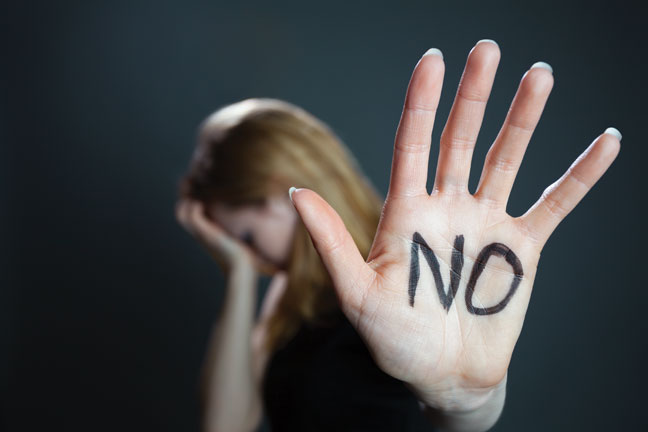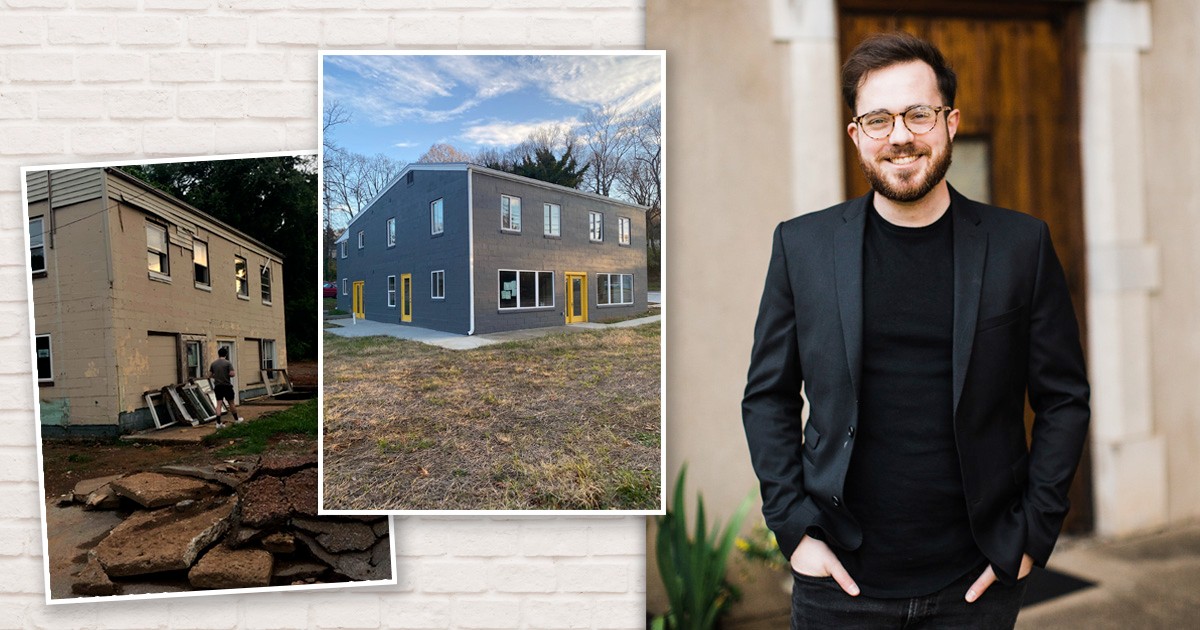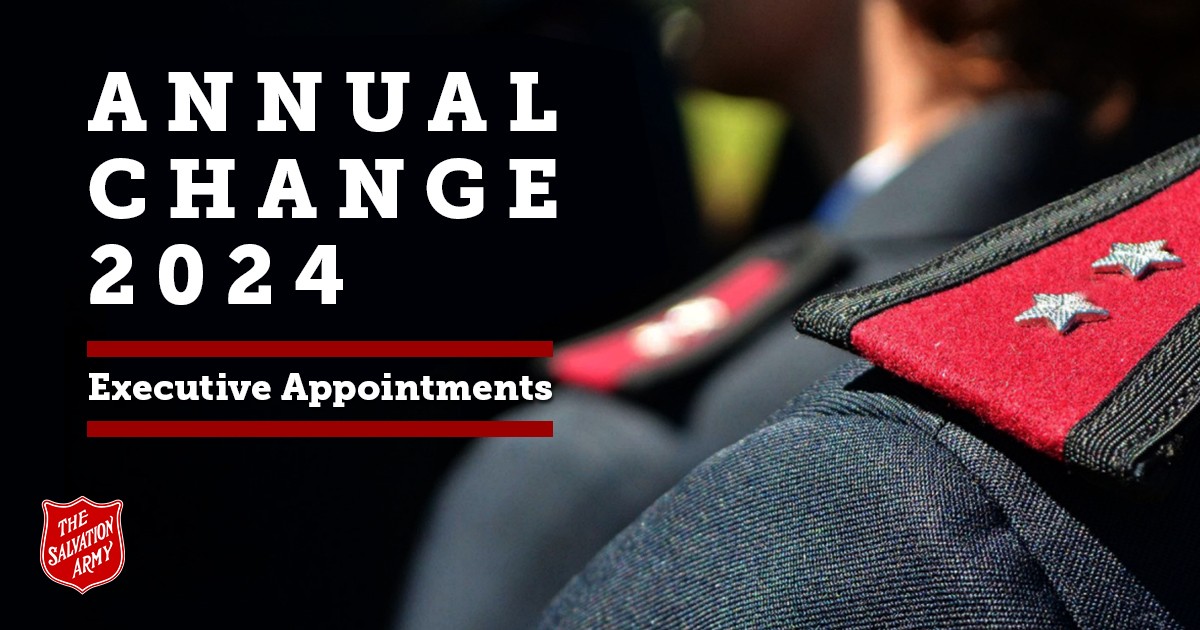We have a rape culture.
For some, this may seem like a stretch—a feminist buzzword that makes you want to stop reading. Please stay and listen.
While men are also victims of sexual assault, we live in a culture where violence against women seems normal— where sexual coercion is made light of in advertising, on TV, in music (“you know you want it”); where rape is ignored, trivialized or turned into a joke.
Ghomeshi's trial demonstrates a culture that legitimizes rape. Although some may argue that unprepared witnesses and inconsistent testimony were to blame, I believe there is more to this story. The judge's verdict is a how-to manual on blaming and shaming victims, questioning their motives and behaviour before, during and after their alleged assaults. In the end, it was the victims, not the alleged perpetrator, who were on trial. This is how rape culture survives and thrives. And it's dangerous.
Perhaps the sensationalized story of a celebrity isn't enough for you to believe me about the everyday reality of rape culture. Let me tell you about a young woman at Brock University in St. Catharines, Ont., my alma mater and a 15-minute drive from my house. After being given alcohol, she was sexually assaulted by a professor in his office. She was brave enough to tell someone, but was then forced to keep quiet while the university conducted an investigation. The professor continued to teach, and the young woman stayed silent as she passed the office where she was assaulted. Even after he was found guilty, the professor continued to work at the university. This is how rape culture survives and thrives. And it's dangerous.
We live in a culture where children, women and men are trafficked for a sex industry that continues to serve a primarily male audience. In many places, spas and massage parlours openly advertise their sexual services. I know this because I live just down the street from several, whose signs are so graphic that I have had to explain what happens in those places to my eight-year-old son. This is how rape culture survives and thrives. And it's dangerous.
As for Ghomeshi, he faces one more count of sexual assault this month, over allegations from a co-worker. It remains to be seen whether this case, too, will demonstrate the inability of the courts to protect the accused's presumption of innocence without blaming and shaming the victims. Because of the previous verdict, and the history of how the court system treats victims, I'm not optimistic. (Editor's Note: On May 11, 2016, Ghomeshi apologized to Kathryn Borel in a Toronto courtroom, although he admitted no criminal wrongdoing, before signing a peace bond. The Crown withdrew a final count of sexual assault and Ghomeshi will not face trial.)
And yet, even though this is the way things are, I refuse to believe this is the way things have to be. We must challenge the status quo—a culture that blames victims. We must listen to terror-filled stories and then bring these stories out of the darkness into the light. We must call for change and renewal. We must seek redemptive pathways that can only be known by seeking after God.
We must wrestle with these demons.
Because failing to recognize the sins of power and domination behind acts of violence against half of God's creation, well, that's simply bad theology. And it's dangerous.
Church, we have a responsibility. We need to teach the world about the value of human life. We need to teach the world about the value of women and their bodies. We need to stop blaming victims, no matter what they were wearing or where they went or how much they had to drink.
We are made in the image of God, and this knowledge must shape how we view women, how we respond to jokes, how we treat victims.
Churches should be safe havens for victims of sexual assault. They should be places where people feel supported, loved and validated. A place where we can firmly say, we believe survivors.
Lieutenant Kristen Jackson-Dockeray is the corps officer at Niagara Orchard Community Church, Ont.










You shall not spread a false report. You shall not join hands with a wicked man to be a malicious witness. You shall not fall in with the many to do evil, nor shall you bear witness in a lawsuit, siding with the many, so as to pervert justice, nor shall you be partial to a poor man in his lawsuit.— Exodus 23:1-2 (ESV)
"It is better that ten guilty persons escape than that one innocent suffer", English jurist William Blackstone.
If I may add one more item. In the article it states "In the end, it was the victims, not the alleged perpetrator, who were on trial". That is correct, and that is how it has to work. It is up to the accusers to prove that there was a wrong committed, not for the accused to defend themself. As we are all innocent until proven guilty, the onus is on the accusers, not the accused.
The Canadian justice system does indeed work, as shown by many in the legal community praising the judge's decision in the Ghomeshi trial. Just because one doesn't agree, as is ones right, does not mean that the justice system doesn't work.